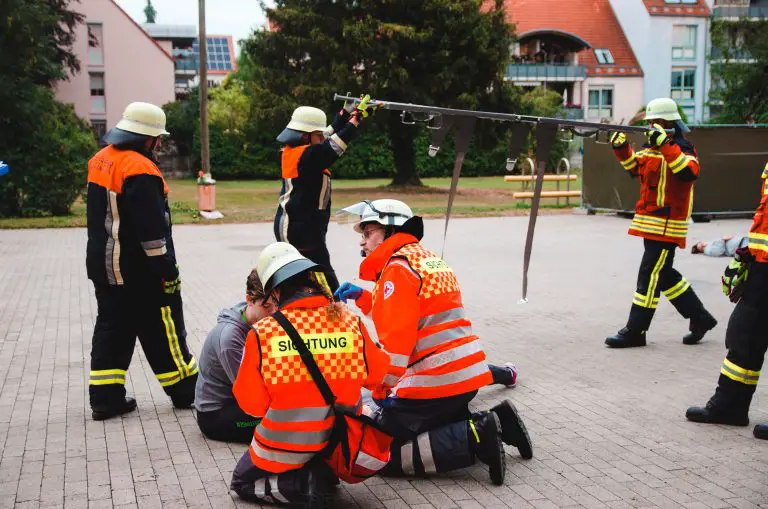The world is changing rapidly, and unfortunately, not for the better. Climate change is one of the biggest challenges we face today, impacting the lives of millions of people worldwide. One of the many things that are impacted by climate change is emergency ambulance services, which have seen an increase in the frequency and severity of extreme weather events. In this article, we’ll take a closer look at the impact of climate change on ambulance services, how they are adapting, and what we can do to support them.
1. The effect of rising temperatures on ambulance services
Rising temperatures have a significant impact on emergency ambulance services, creating new challenges they must overcome. The heat not only exacerbates medical emergencies but also poses a danger to the health of the ambulance staff. Heat exhaustion, dehydration, and other heat-related illnesses increase significantly during heat waves, which are becoming more frequent and prolonged due to climate change. To address this issue, ambulance services have implemented new measures such as providing staff with cooling vests, access to cold water, and air-conditioned ambulances.
2. The impact of extreme weather events on ambulance
Over the past few years, we have seen a significant increase in the frequency and severity of extreme weather events such as floods, hurricanes, and wildfires. These events put a tremendous strain on emergency ambulance service, leading to a surge in call volumes, destruction of infrastructure, and potential exposure to hazardous materials. Ambulance services have trained their staff to be prepared for such events, stocking up on essential supplies such as food, water, and medical equipment, and ensuring that their fleets can withstand extreme weather conditions.
3. How climate change is affecting patients’ health
Climate change has led to a higher prevalence of respiratory and cardiovascular diseases, heat-related illnesses, and infectious diseases such as Lyme disease and West Nile virus. People of color, low-income communities, and those with pre-existing medical conditions are disproportionately affected by these health impacts. As such, ambulance services are taking a more proactive approach to patient care, establishing regular health check-ups and preventative measures to help patients manage these conditions more effectively.
4. The role of technology in ambulance services’ adaptation to climate change
Advancements in technology have revolutionized emergency ambulance, providing them with new tools to respond effectively to emergencies in a changing climate. For example, drones are now being used to provide medical supplies and equipment to patients in areas that are not accessible by ambulance. Additionally, modern ambulance fleets are equipped with data analytics technology that can predict weather patterns, anticipate call volumes, and optimize response times.
5. What we can do to help ambulance services
As citizens, we can play a vital role in supporting our local ambulance services in adapting to climate change. Simple steps such as reducing greenhouse gas emissions, volunteering during extreme weather events, and making donations to ambulance charities can go a long way in supporting their work.
Climate change is an enormous challenge, but it has also opened up new opportunities for innovation and progress. By embracing new technologies, implementing preventative measures, and working together as a community, ambulance services can adapt to the changing climate and continue to provide life-saving care to those in need. We can all do our part to support our local ambulance services, helping them overcome the unique challenges posed by climate change and build a healthier, more resilient future.







